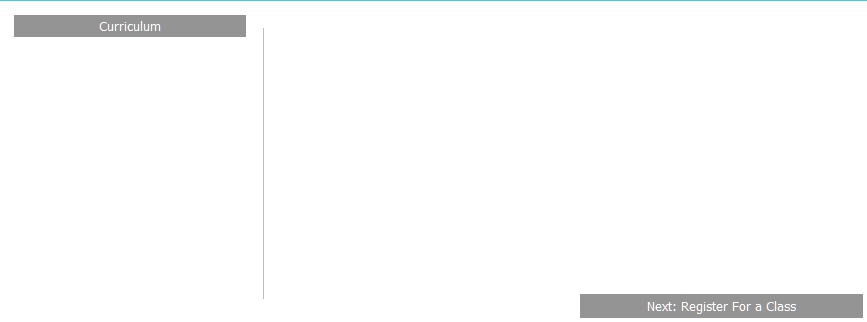


The course of study is designed to impart as much of the knowlege required to be a safe private
pilot to the participants, and also to satisfy the regulatory requirements detailed in 14 CFR
61.105(b) for taking the private pilot written exam.
The following items are covered in class or in assigned readings (not necessarily in this order):
• Introduction to flight training and regulations
• Airplane systems, including all aspects of airplane performance in the Pilot Operating Handbook
• Basics aerodynamics
• Airports, Airspace
• the Flight Process, including flight planning, radio procedures, navigation
• Weather, including both meteorology theory and weather data
• Adverse inflight events, including Icing, mechanical problems
• Aeronautical Decision making
• Reporting requirements for accidents
The course goes through applicable theory, case studies or examples, and applies the theory to sample written or oral exam questions, where applicable. The goal is to assist the student in learning not just by rote memorization, but by integrating and correlating the information to make them a safer pilot.
The following items are covered in class or in assigned readings (not necessarily in this order):
• Introduction to flight training and regulations
• Airplane systems, including all aspects of airplane performance in the Pilot Operating Handbook
• Basics aerodynamics
• Airports, Airspace
• the Flight Process, including flight planning, radio procedures, navigation
• Weather, including both meteorology theory and weather data
• Adverse inflight events, including Icing, mechanical problems
• Aeronautical Decision making
• Reporting requirements for accidents
The course goes through applicable theory, case studies or examples, and applies the theory to sample written or oral exam questions, where applicable. The goal is to assist the student in learning not just by rote memorization, but by integrating and correlating the information to make them a safer pilot.

GOTHAM GROUND TRAINING
Aviation Ground School in your backyard...
(when your backyard is Central Park)
(when your backyard is Central Park)
All content copyright 2012 © Gotham Ground Training. Other content used under license or with permission | All Rights Reserved
Did you know?...
No pilot ground school is going to fully educate you about all you want to know about aviation. One of the avocational hazards of becoming a pilot is an insatiable desire to learn more about everything aviation.
This is evident in Embry-Riddle Aeronautical University's decision to offer distance learning options for 8 bachelors degree and 10 master degree programs.
No pilot ground school is going to fully educate you about all you want to know about aviation. One of the avocational hazards of becoming a pilot is an insatiable desire to learn more about everything aviation.
This is evident in Embry-Riddle Aeronautical University's decision to offer distance learning options for 8 bachelors degree and 10 master degree programs.
